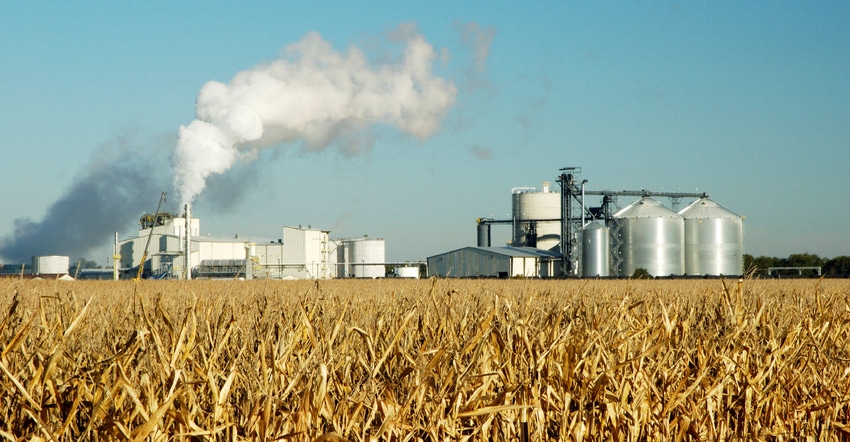Study finds sudden oil market disruptions have less impact on consumer gas pumps thanks to renewable fuel use.
September 24, 2019

A growing supply of ethanol significantly helps dampen gasoline price shocks that result from sudden oil market disruptions. If renewable fuels were removed from the fuel supply, gas prices would be more than $1/gal. higher, according to the report from a new study.
The study, by independent economist and energy expert Dr. Philip K. Verleger Jr., looked at oil market disruptions over nearly 50 years and provided an example in which the availability of ethanol avoids a significant impact to U.S. gasoline prices caused by a supply disruption.
“Retail prices would today be above $4/gal., not $2.90, were renewable supplies removed from the supply mix,” Verleger wrote. “The lower gasoline prices, in turn, allowed consumers to spend more on the things they wanted rather than motor fuels. ... The economic benefit of lower gasoline prices that is directly attributable to the availability of renewable fuels adds one to two percentage points to the U.S. [gross domestic product] every year.”
Verleger catalogued various crises and their impacts on the oil supply, from the 1973 Arab Oil Embargo to ongoing political and economic challenges in Venezuela. A recent attack on Saudi Arabia, which took place after this report was prepared, is estimated to affect 5% of the daily global oil supply. When it comes to crises such as these, Verleger asserts that even “a modest amount of renewable fuels can significantly moderate the price impact of market disruptions.”
The study incorporated and built upon a May report by Verleger that found that the Renewable Fuel Standard lowered gas prices by an average of 22 cents/gal. from 2015 to 2018, saving the typical American household $250 annually.
Finally, Verleger looked at how competition in the fuel marketing sector, together with the availability of renewable fuels, acts as a counterbalance to the impact of refinery consolidation on supply and pricing. “Consumers would likely pay even higher prices if the mergers that created the large oligopolistic independent refiners had not been accompanied by a second trend: the creation of an aggressive, competitive petroleum marketing sector,” Verleger reported.
With gas prices now rising because of the recent attack on Saudi oil fields, this research is especially relevant today, Geoff Cooper, president and chief executive officer of the Renewable Fuels Assn. noted.
“This research underscores what should be common sense: We need a diverse domestic fuel supply for real U.S. energy security,” Cooper said. “We can avoid unnecessary price spikes at the pump by incorporating more renewable fuels into the nation’s fuel supply and ensuring that healthy competition exists in the marketplace.”
You May Also Like

.png?width=300&auto=webp&quality=80&disable=upscale)

